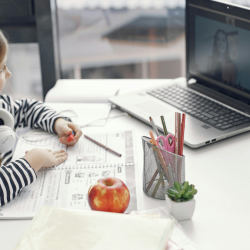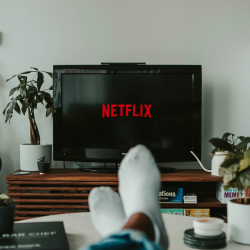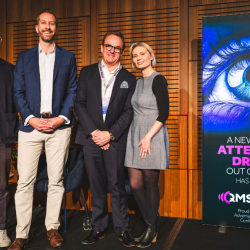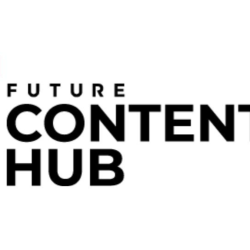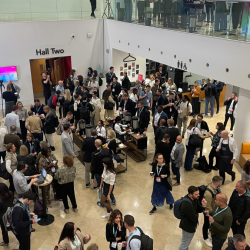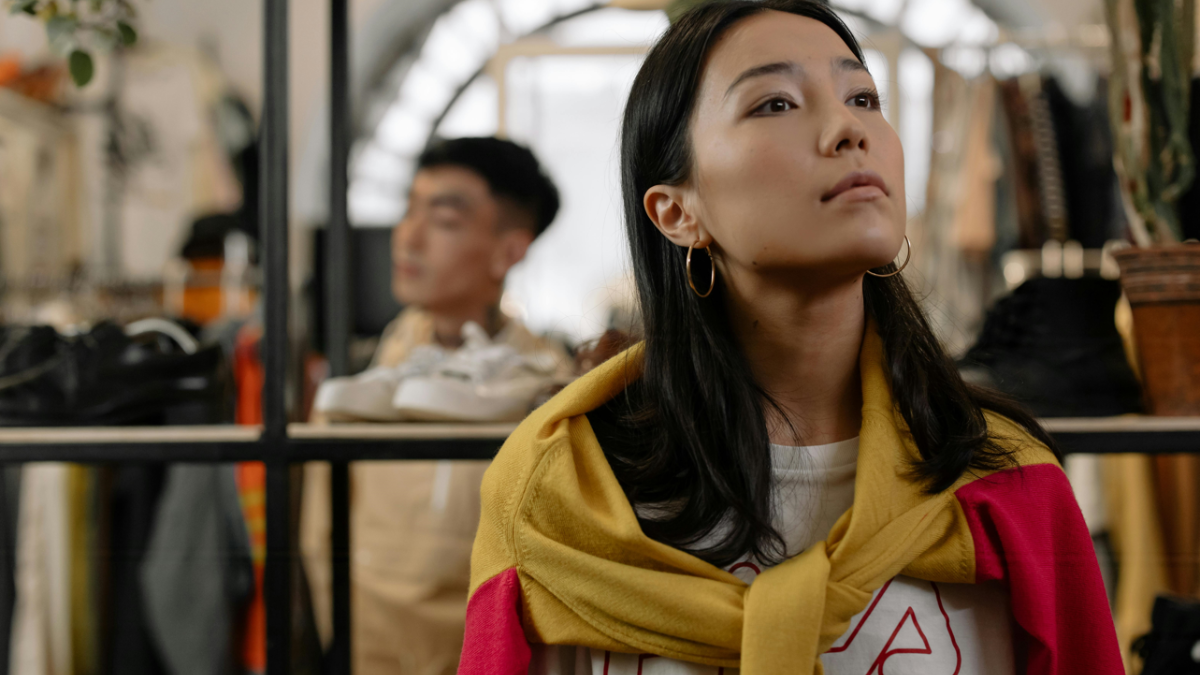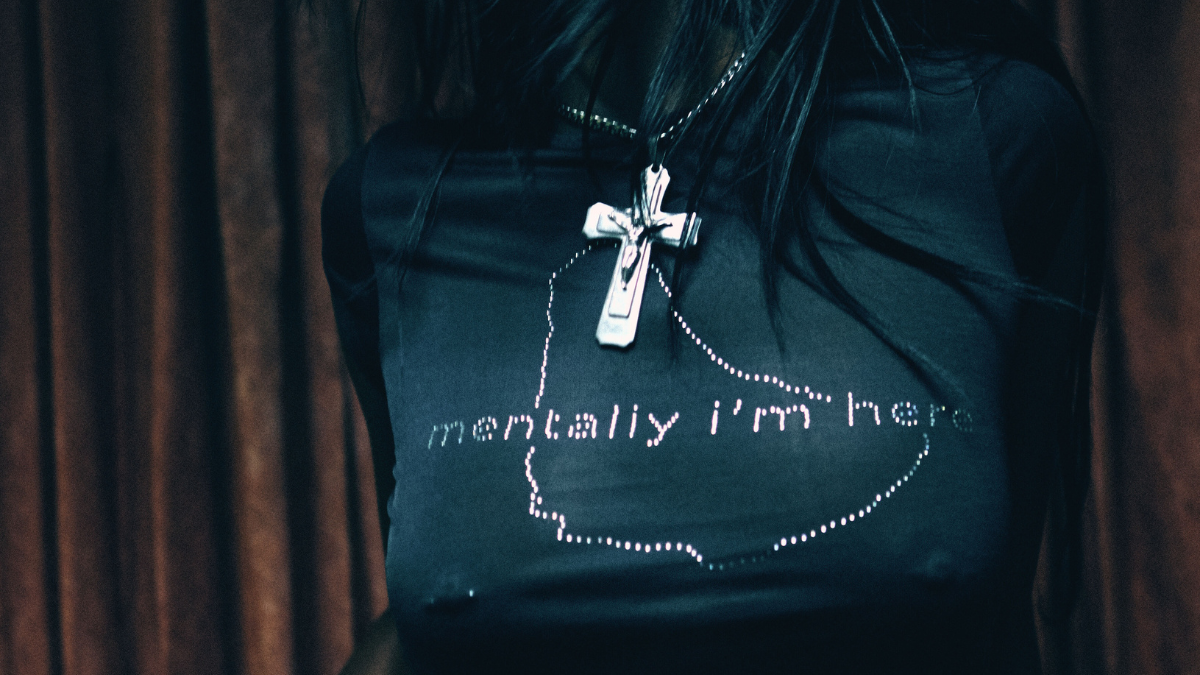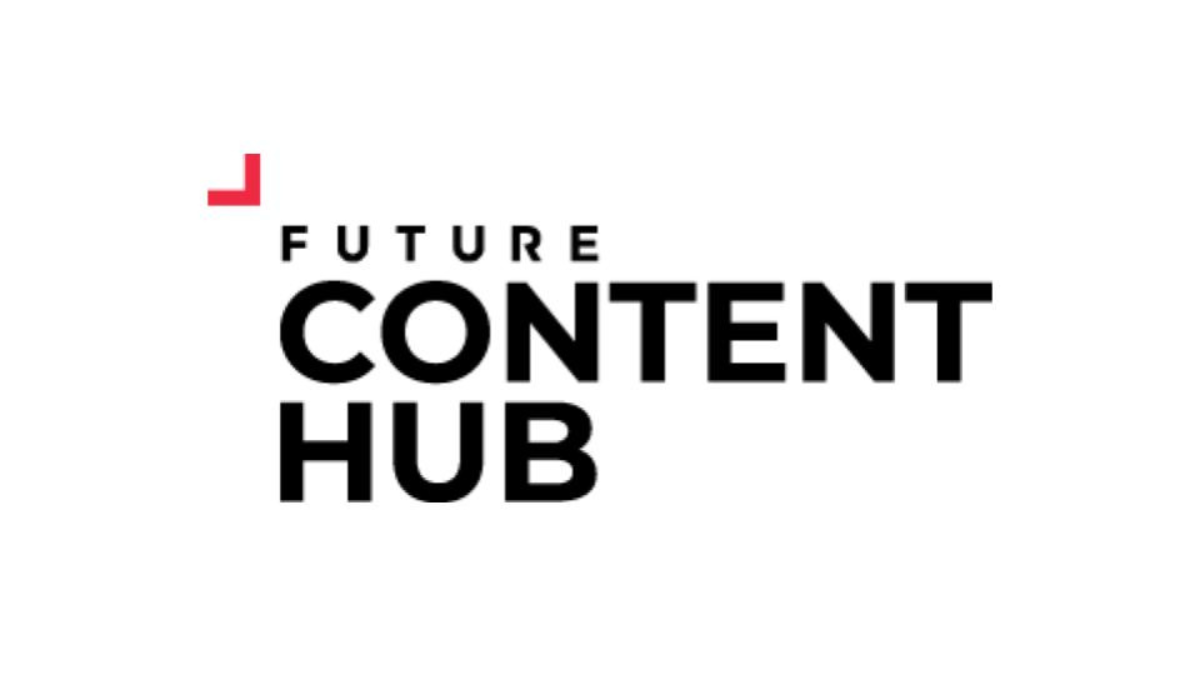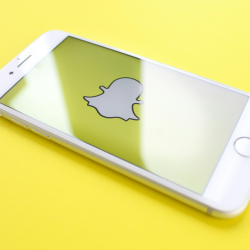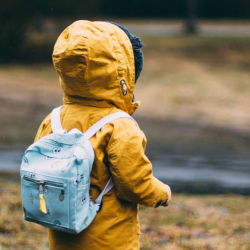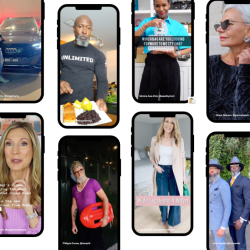In my last column for MediaCat Magazine I briefly mentioned that Gen Z have an increasingly demanding attitude to work/life balance: asking for more time, perks and money, and walking swiftly away from anyone who fails to deliver. Disinclined as I am to generalise about a group of 2.5 billion people, a trend is certainly happening, so let’s look at why that might be. I suggested that it could be a reaction to seeing the effects of too much work on their Gen X and Millennial parents. If mum and dad were absent or grumpy, or just seemed to find this mysterious thing called ‘work’ too important, then that might have been noted in the column marked ‘not for me’.
Some have watched their parents go through multiple recessions, lose jobs, take pay cuts, fail to make ends meet, go into debt, then go through that all over again because of the pandemic. If you watch something like that at close range, you might end up hating the system that made it happen. But almost all of us have to work, and dismantling capitalism is a tricky ask, so they still enter the workforce, only with a little less respect for it than their parents might have had. The older among us might have expected a job for life, or at least some kind of corporate loyalty in return for our hard work (because that’s what our parents were offered).
When all that became a pipe dream…
Gen Z became the generation most inclined to look for new opportunities while at their current job, spend less time in each position, demand mental health days, and decline an offer if the company did not allow them to work from home. Understandably, this has fed into a general sense that Gen Z is somehow lazy and entitled. Why should these kids be allowed so many perks and make so many demands? Well, it might be true that they are more demanding, but it might also be true that the older generations are jealous of the territory Gen Z has been able to gain.
Millennials, especially, have had a very short end of a very unpleasant stick. Many of them timing their entry into the job market with the disastrous recession of 2008.
But just because something was bad for one person doesn’t mean that the rest of us should suffer. And talking of suffering, I can tell you, as the parent of two Gen Z kids, they see the future very differently. The climate crisis looms large in the coming decades, so the idea of entering a long-term career seems almost laughable, when there’s a decent chance much of the planet will be uninhabitable before they hit forty.
So they have nothing to lose, and when that is your mentality you can go all out for what you actually want, instead of what you’ve been conditioned to settle for.
Diversity? Yep.
Pay rises? Why not?
Flexible hours and a flexible location? Absolutely.
If we Gen Xers are honest, we’d probably agree that work should be the way Gen Z sees it
For too long bosses have been able to get away with cramming longer hours into our days, while offering less pay to compensate for them. Who wouldn’t prefer the reverse of that situation? If we’re lucky we can still storm the beaches Gen Z have prepared for us. That might be the reason for the post-pandemic ability to work from home.
Is it possible the corporations are too scared of the younger generation to force the older ones back to the office? We may never know for sure, but it’s pretty tricky to give perks to the kids but not the grown ups.
The final suggestion is that Gen Z know they’ll live longer than the generations before them. This means they’re in less of a hurry to get on with whatever ‘life’ is supposed to be, and that very much includes their so-called careers.
Featured image: cottonbro studio / Pexels

